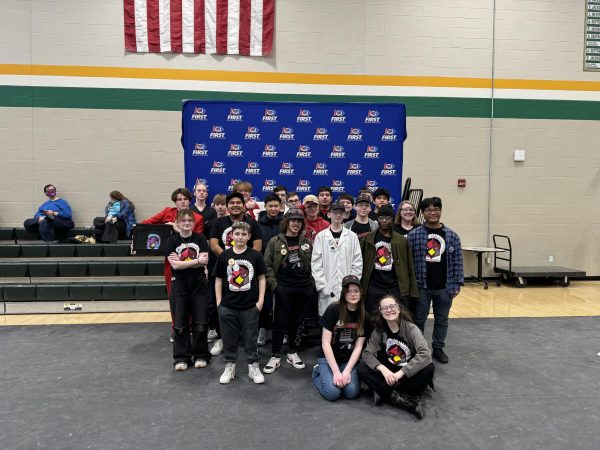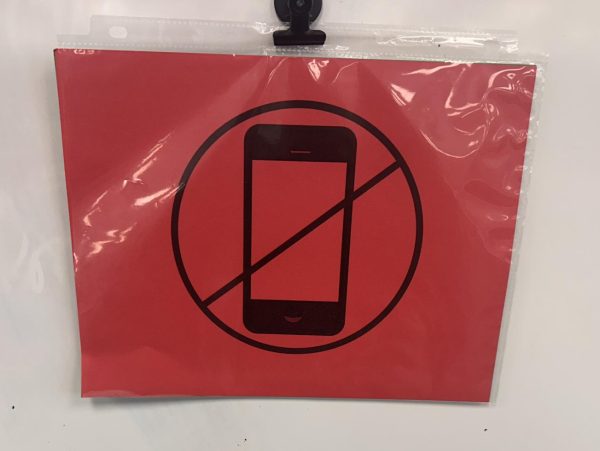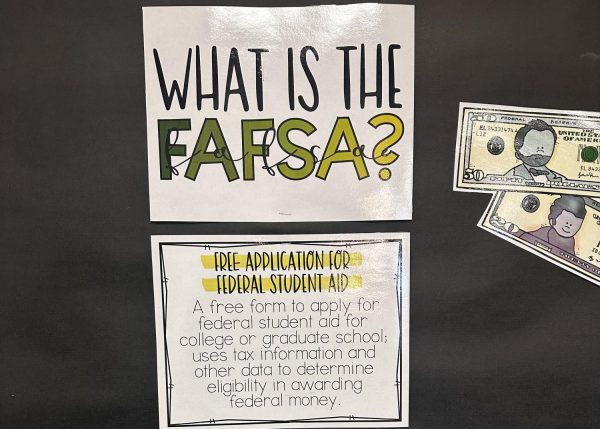Cease fire in Syria affects SHS students
March 14, 2016
In past weeks, the U.S. and Russia helped pass a ceasefire, a temporary truce, in Syria that started on Feb. 27. However, questions have arisen as to whether or not the peace will stay intact because the ceasefire does not apply to terrorists groups such as IS or al-Nusra Front. So what does this mean for students at SHS and their families? With war plaguing the region for centuries, some people, like junior Hunter Taylor, seem to think that peace in the Middle East is a myth. They also think that the U.S. may be pulled into a war that would tear families apart.
“There is no peace with terrorists,” Taylor said. “(Our families being deployed) would heavily affect us and not in a good way because people would be afraid for their families and friends who go off to a war and might not come back. There would be a general mood of depression around (SHS).
A major concern in the region is the outburst of attacks in recent years from terrorists groups such as IS. A coalition of 65 countries and the EU has been formed to fight IS or contribute in different ways to ending them. U.S. Secretary of State John Kerry, who led both the forming of the coalition and the recent cease fire efforts, stated, “the coalition required to eliminate IS is not only, or even primarily, military in nature.”
“It must be comprehensive and include close collaboration across multiple lines of effort,” Kerry said. “There is a role for nearly every country to play, including Iran.”
Human Geography and Psychology Teacher Daniel Jones thinks that it’s always important to understand what is going on in a geopolitical sense, especially when they directly affect U.S. foreign policy.
“Time will tell how it will affect students here at SHS,” Jones said. “It’s such a quagmire over there. Who do you back? If you back one, then you’re supporting something else that diametrically disagree with everything we’re about. Syria is just a mess.”







